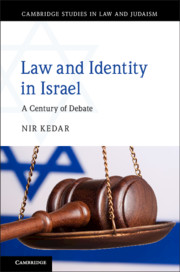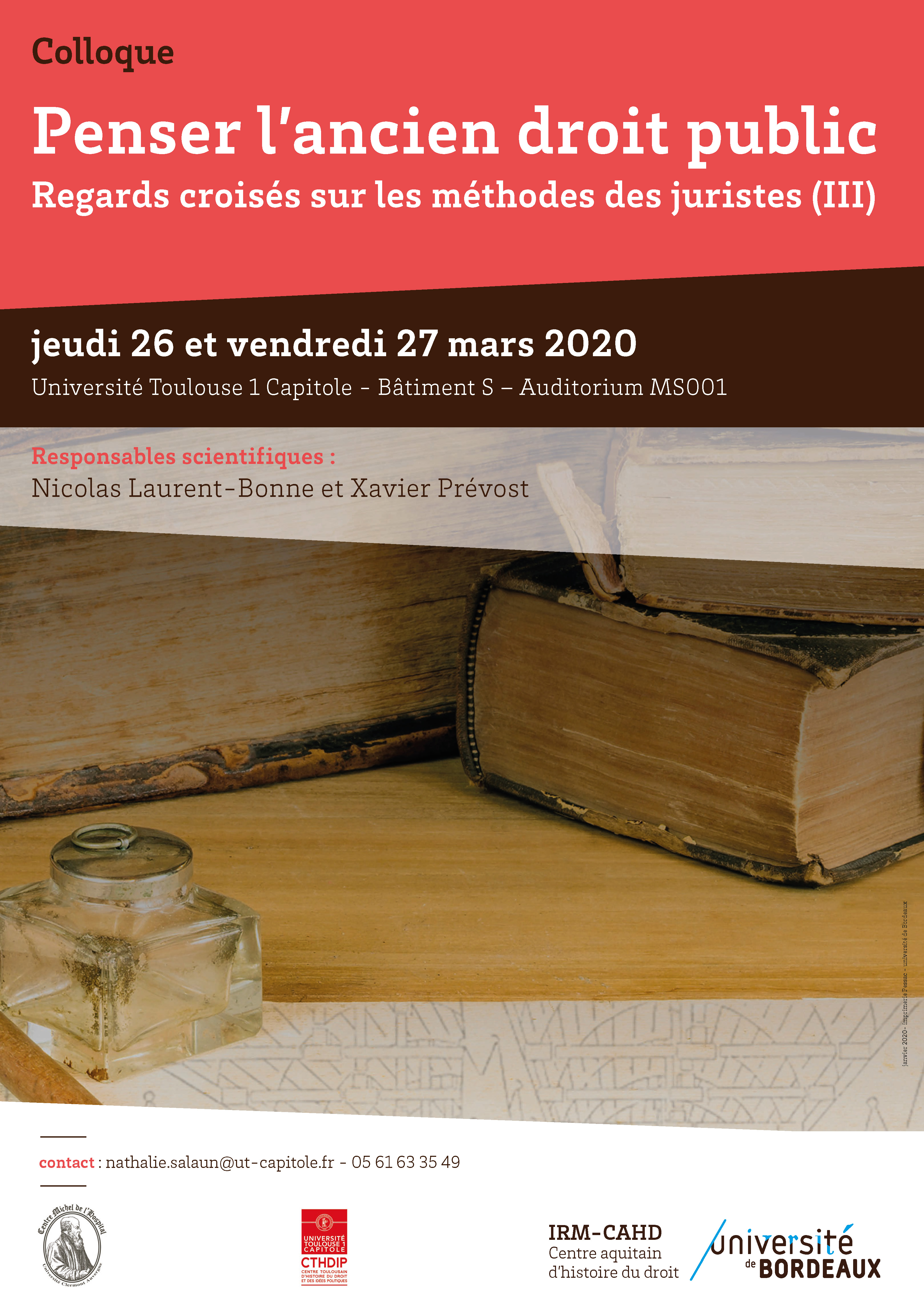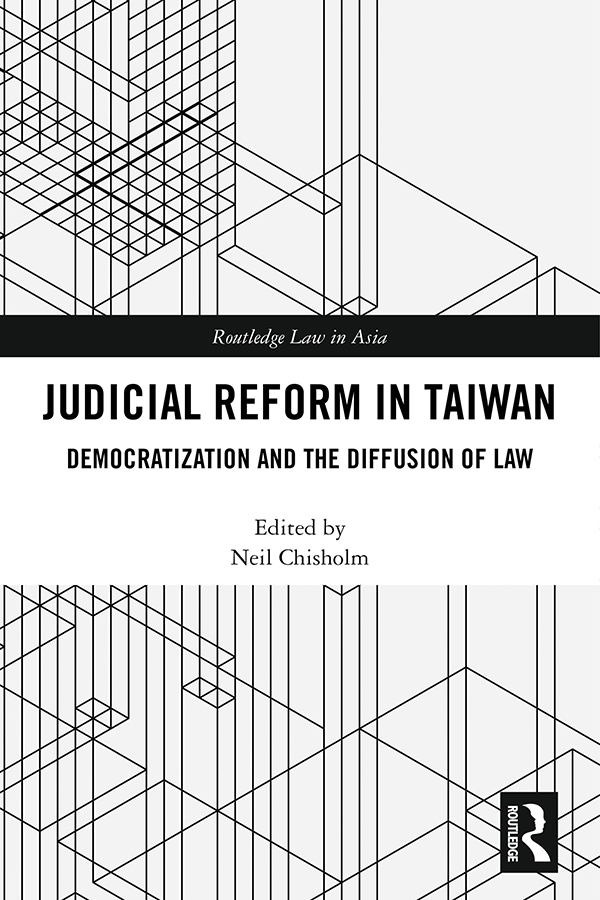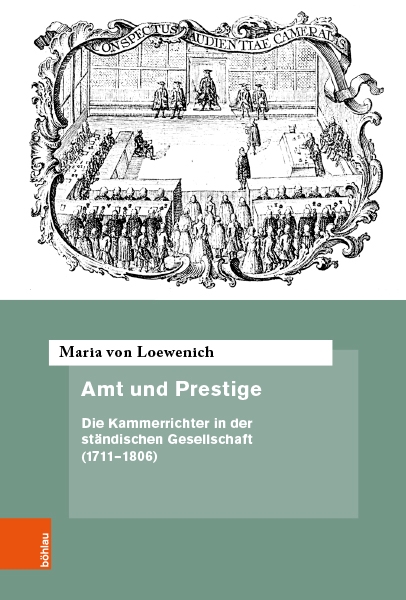(Source: Stefano Cattelan)
Summary:
The history of Europe is as much about violence and divisions – including religious wars, national clashes and ideological conflicts – as it is about shared cultural, social and economic accomplishments. If war has been such a constant presence in the history unfolding on the continent, the incessant efforts to limit its destructiveness are also an undeniable fact. It was such efforts that eventually led to the birth of Jus ad bellum and, ultimately, laid down the foundations of modern international law. From such a viewpoint, one might even find another definition of what European history might be. Some scholars have suggested that if war has structured a common European space, the containment of violence and the art of peacemaking have constituted ‘Europe’ in thought and practice.
The history of Europe is as much about violence and divisions – including religious wars, national clashes and ideological conflicts – as it is about shared cultural, social and economic accomplishments. If war has been such a constant presence in the history unfolding on the continent, the incessant efforts to limit its destructiveness are also an undeniable fact. It was such efforts that eventually led to the birth of Jus ad bellum and, ultimately, laid down the foundations of modern international law. From such a viewpoint, one might even find another definition of what European history might be. Some scholars have suggested that if war has structured a common European space, the containment of violence and the art of peacemaking have constituted ‘Europe’ in thought and practice. In the second half of the eighteenth century, however, Voltaire asserted that the propensity to war and destruction had taken much less possession of the minds of the people of India and China, than of the minds of Europeans, arguing that war has also constituted ‘Europe’ in thought and practice. All this raises the question what, if anything, may be regarded as ‘typically European’ in ideas of war and peace that referred to, or originated within, Europe and its space. Scholars interested in participating in the eleventh annual conference of the Research Network on the History of the Idea of Europe are invited to consider their research with regards to the meaning and function that concepts such as ‘Europe’, ‘European’, ‘European civilization’ etc. have within the treatises, treaty texts, minutes, speeches, propaganda material, and so on. In our conference discussion, we will try to find out whether there are long-term patterns of ‘Europe’-related discourses concerning peace and war, and if so, what they consist of. These aspects may be considered in relation to a number of narrower questions, including, but not limited to: How do Jus ad bellum and the various peace treaties, from Westphalia 1648 to Paris 1947, and the international conflict-reducing arrangements, like Minsk 2015, conceive of the nature of war in relation to ideas of Europe? What were and are the ideas of legitimate, just, and unlawful war? Who were or are seen as legitimate and illegitimate actors in wartime? What is the role of terrorism in European perceptions of threat after the 2004–2005 al-Qaeda attacks and the 2015–2017 Islamic State attacks on European soil? How have the differences between war crimes and the crime of war been defined? What are, historically, the legal and philosophical bases of peace treaties? In the European mind, has peace been considered a state of exception, the prevalent and desirable normality, or a utopian ideal that humanity should strive for under European leadership? What have been the conceptual differences between wars amongst Europeans and wars against extra-European populations? Is there a European long-term pattern of war propaganda and enemy depiction? How are peace and war related to moral claims within discourses about Europe? How are efforts to bridge the divide between ‘us’ and the ‘other’ been related to Europe? How are initiatives of reconciliation and understanding construed in connection to ideas of Europe?
Deadline for submission expired (2 December 2019). Please note that the working language will be English. There will be no fees for participating.
Sponsorship:
Fondazione Venezia per la Ricerca sulla Pace; Regional Council of Veneto; Venice City Council; Ca’ Foscari University of Venice; Institute for the Study of Ideas of Europe (University of East Anglia)
Scientific commitee:
Matthew D’Auria (University of East Anglia); Fernanda Gallo (University of Cambridge); Florian Greiner (University of Augsburg); Rolf Petri (Ca' Foscari University of Venice); Laura Picchio Forlati (University of Padua); Peter Pichler (Karl-Franzens-University Graz); Jan Vermeiren (University of East Anglia); Anita Ziegerhofer (Karl-Franzens-University Graz)
Organising committee:
Matthew D’Auria (University of East Anglia); Rolf Petri (Ca' Foscari University of Venice); Jan Vermeiren (University of East Anglia)
For the original post, see the blog of the ESIL Interest Group History of International Law
(Source: Calenda)













